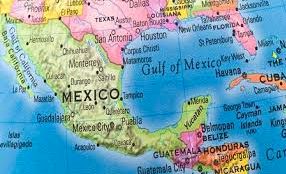
The United States had been in nine years of litigation against the government of Guatemala in the first-ever labor dispute settlement case under the provisions of CAFTA-DR. Guatemala was in trouble for failure to enforce its labor laws. The case closed this past Monday when the panel ruled in favor of Guatemala. Why? Not because Guatemala had met some standard of labor protection. It had not. The panel ruled in favor of Guatemala because CAFTA’s labor-protection enforcement mechanism requires that the party bringing the labor grievance prove that such failure was affecting trade. This bar proved too high a reach for U.S. litigators — at least the way the CAFTA system works.
This is a look at a broken (and shamefully long) enforcement process. Labor and human-rights groups took note, and say this is exactly the inadequacy that cannot be repeated in how we move forward with NAFTA. This point is critical to raise at this time, because NAFTA is in renegotiation, and its current labor rules are toothless and part of a side agreement, not the text itself. Here are a couple quotes from labor and human rights interests, making this point. (Sources for this post are here and here; the spokespersons were witnesses at the recent hearings in Washington, DC, which were for input to guide the priorities of the USTR in the negotiations.)
“Indeed, there’s no clearer proof about the ineffectiveness of the current language than the final report of the Guatemala panel that was just released. . . . [NAFTA] is the opportunity to get it right.” Owen Herrnstadt, chief of staff and director of trade and globalization at the Machinists
“Based on what we’ve seen under CAFTA in the Guatemala case, the trade-related standard that we’ve seen develop over the past few years has created a barrier to accessing dispute resolution which really renders feckless the labor action plans that have been created and all of the efforts to promote labor rights, particularly for migrant workers.” Elizabeth Mauldin, policy director at Centro de los Derechos del Migrante
